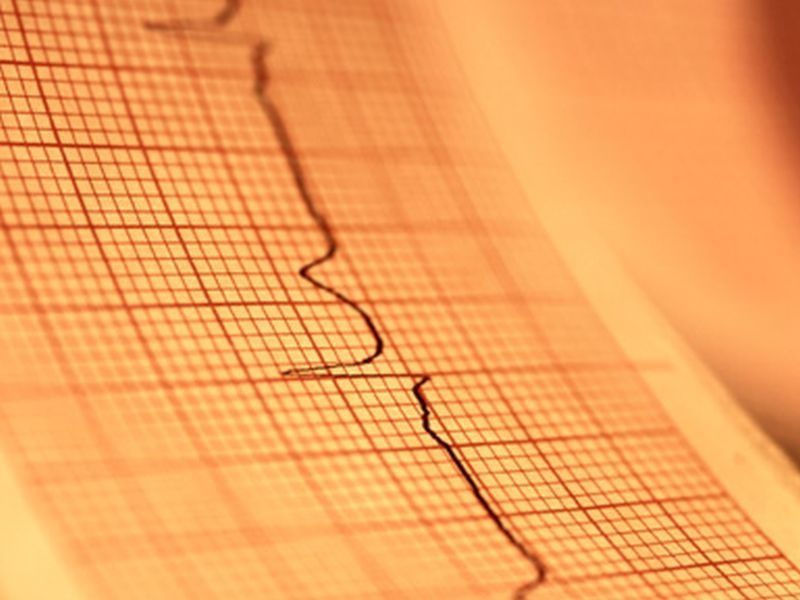Latest Digestion News

FRIDAY, April 15, 2022
Alcohol abuse is a known cause of liver disease. But one in four adults worldwide has a liver condition not connected to drinking that ups the risk of heart disease, according to an American Heart Association scientific statement.
Nonalcoholic fatty liver disease (NAFLD) occurs when abnormally high amounts of fat are deposited in the liver, sometimes resulting in inflammation and scarring. The condition often goes undiagnosed.
This “is a common condition that is often hidden or missed in routine medical care. It is important to know about the condition and treat it early because it is a risk factor for chronic liver damage and cardiovascular disease,” said Dr. P. Barton Duell, chair of the statement writing committee and a professor of medicine at Oregon Health & Science University, in Portland.
Heart disease is the leading cause of death in people with NAFLD and the two diseases share a number of risk factors: metabolic syndrome (elevated blood sugar and blood triglycerides, increased abdominal fat and high blood pressure); type 2 diabetes; prediabetes; and obesity.
Also, people with NAFLD are at higher risk of heart disease than people who have the same heart disease risk factors without the liver condition, according to the statement. It was published April 14 in the journal Arteriosclerosis, Thrombosis, and Vascular Biology.
NAFLD is often preventable by maintaining a healthy weight, exercising regularly, eating a heart-healthy diet and managing conditions such as type 2 diabetes and elevated triglycerides (a type of fat) in the blood.
“Although healthy living can help avert NAFLD in many individuals, some may develop NAFLD despite their best efforts,” Duell said in a heart association news release. “At the other end of the spectrum, some individuals may have a genetic makeup that protects them from developing NAFLD despite having obesity, type 2 diabetes, metabolic syndrome, unhealthy dietary habits or being sedentary.”
Most people with NAFLD are undiagnosed because the initial stages of the disease generally cause no symptoms, and routine blood tests may not show liver abnormalities.
A specialized, noninvasive ultrasound that measures liver elasticity, fat and stiffness (a result of scarring) in the liver can detect NAFLD, but is underused, the authors of the statement said. Liver biopsy is the definitive test for more advanced NAFLD, but is invasive and expensive.
If NAFLD is diagnosed in time, liver damage may be reversible through lifestyle changes. Medications may be needed to treat type 2 diabetes, lower cholesterol or reduce weight, and weight loss surgery may be appropriate for some people with NAFLD, according to the statement.

QUESTION
Long-term heavy alcohol consumption can cause: See Answer
More information
The American Liver Foundation answers questions for people newly diagnosed with NAFLD.
SOURCE: American Heart Association, news release, April 14, 2022
By Robert Preidt HealthDay Reporter

Copyright © 2021 HealthDay. All rights reserved.
From 
Healthy Resources
Featured Centers
Health Solutions From Our Sponsors
